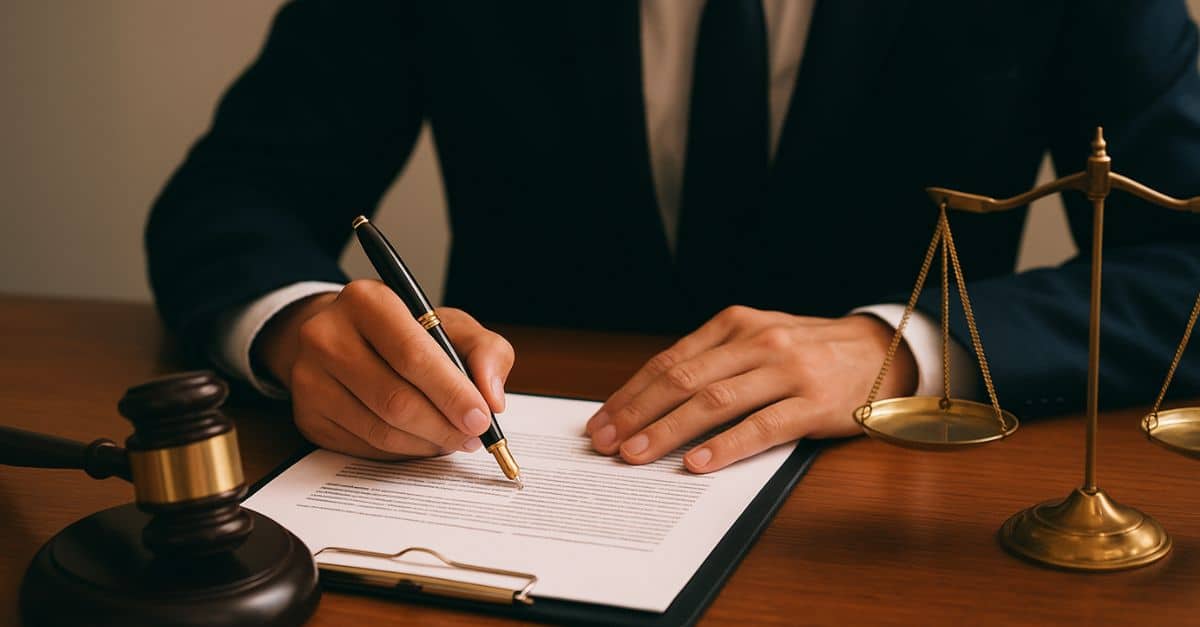In the 2004 Code of Criminal Procedure (hereinafter CPP2004) -also known by some as the new Code of Criminal Procedure-, the model process is the common criminal process, which consists of three stages: i) preparatory investigation (which is subdivided into preliminary proceedings and formalized preparatory investigation), ii) intermediate stage, and iii) oral trial.
However, in several specialized prosecutors' offices, such as those for money laundering, investigations of crimes committed by public officials, corruption of officials and investigations of organized crime, the so-called indagación previa (preliminary investigation) is being adopted in some cases in relation to a complaint.
This procedural figure became notorious in the case of former President Pedro Castillo. After being raised, the Supreme Court pointed out that the preliminary inquiry as a stage prior to the preliminary proceedings is not provided for in our legal system.
Given this, the question arises: Does the preliminary investigation stage exist? Before answering this question, it is important to remember that every procedural institution is based on the principle of exclusivity of regulation by a rule of legal rank of the bases of criminal procedure (article 138, first paragraph, of the Constitution and article I, numeral 2, of the Code of Criminal Procedure). In other words, every procedural institution must be regulated by law.
Now, although there is no such procedural institution called indagación previa in the Code of Criminal Procedure, what is a prosecutor based on when arranging a preliminary inquiry or preliminary proceedings? It is based on General Instruction N°1-2018-MP-FN of 07/19/2018, called Guidelines for the Management of Complaints and Cases. In general terms, it indicates that the "preliminary proceedings are the minimum prior and immediate proceedings aimed at the qualification of the complaint", but nowhere else in that document is there a development of the budgets for conducting a preliminary inquiry or the development of such legal term (deadline, budgets, etc.). Furthermore, in the same document, under the heading "6.2.3 Qualification of complaints", it is not stated that the prosecutor has the power to conduct a preliminary inquiry or preliminary proceedings.
In fact, the Supreme Court, in an attempt to harmonize the legal norms, in a ruling in Appeal No. 186-2022 (Case Pedro Castillo), stated the following: "Given the regulatory structure of the Code of Criminal Procedure, there is no provision for an institution prior to the preliminary proceedings, such as the preliminary inquiry or other similar, since the former exists precisely when it is necessary to specify the feasibility of bringing a criminal action [...]. It is also important to recognize the validity of the principle of exclusivity of regulation by a rule of legal rank of the bases of criminal proceedings (cfr.: article 138, first paragraph, of the Constitution and article I, numeral 2, of the CPP), except in matters of mere organization, legally authorized, as long as its scope is not distorted".
These matters of mere ordination or legally authorized must be understood as fiscal acts based on the principle of objectivity of having reliable elements to be able to qualify a party's complaint (art. 334.1 of the CPP2004). Also, these acts may be:
- Request documentation not attached by the complainant in order to qualify the complaint.
- Requesting documentation from a public or private entity that was cited in the complaint and the complainant does not have it.
- Visualize if there are investigations with the same parties.
- Others that do not affect due process or the right to contradict.
Specifically, preliminary inquiries should be understood as acts in which the factual proposition, legal imputation and objective elements that support the complaint are not modified. As the Supreme Court points out, they are like acts of ordering or requesting official documentation that should be congruent with what is postulated by the complainant regarding the hypothesis of a fact that appears to be a crime.
However, in many cases, provisions are issued to carry out "preliminary investigations" in crimes where the aggrieved party is the State, so that the complainant does not have the right to participate or make any observations, since the latter only has the right to have his complaint qualified (art. 334.1 CPP2004) and, subsequently, if it is filed, to challenge it (334.5 CPP2004). In these cases, many times preliminary investigations are carried out for months without any filter, that is to say, as if it were a secret investigation or a stage before the preliminary investigation; added to the fact that many times within this preliminary investigation, they ask the denounced party for his supposed discharges, being this an attempt against the principle of procedural legality and contradiction, since the discharges, by their nature, must be given in the indagatory or preliminary statement (art. 86 of the CPP2004) according to the procedure indicated in the procedural regulations (art. 87 and 88 of the CPP2004).
Therefore, carrying out acts of investigation at a stage prior to the preliminary proceedings is clearly contrary to the principle of procedural legality and due process, even more so if they request discharges. To do this and to rely on the administrative document "Guidelines for the Management of Complaints and Cases" issued by the Prosecutor's Office of the Nation is not acceptable. In this regard, the Constitutional Court in Exp N° 985-2022 PHC/TC has stated that: "In a constitutional and democratic rule of law, administrative resolutions are subordinated to the Constitution and the legal system, not the other way around (Article 51 of the Constitution)".
Finally, we could reach the following conclusions:
- Preliminary inquiries cannot be understood as a stage prior to preliminary proceedings.
- Preliminary inquiries are not regulated in the Code of Criminal Procedure and do not provide legality since they are based on an administrative rule.
- Preliminary inquiries must be understood as acts carried out by the representative of the Public Prosecutor's Office that do not alter the factual proposition, legal imputation and objective elements postulated by the complainant.
- Preliminary inquiries misrepresented as a stage prior to preliminary proceedings may be controlled by means of a tutela de derecho for violating the principle of legality and due process.



